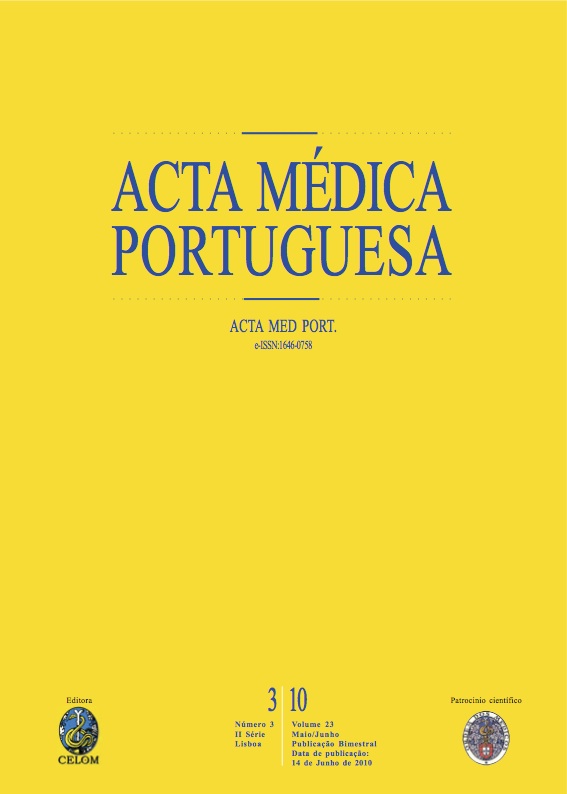Psoriasis in the era of biologics.
DOI:
https://doi.org/10.20344/amp.629Abstract
Chronic plaque psoriasis is an immune-mediated, inflammatory skin disease with a heavy burden on quality of life of patients. Conventional systemic therapies, including cyclosporine, methotrexate, acitretin and photo(chemo)therapy, have proved to be effective, but the risk of toxicity prevents their prolonged and continuous use. Advances in the understanding of psoriasis immunopathogenesis have led to the development of drugs, designed to selectively interfere with the immune mechanisms that induce psoriasis, called biologics. These agents have proven to be a convenient, safe and effective alternative to conventional treatments, and have become an important part of the dermatologist therapeutic armamentarium. This review will focus on the mechanisms of action, guidelines for usage, efficacy data and safety concerns of the main biologics used in Europe for the treatment of moderate to severe plaque psoriasis: etanercept, infliximab, adalimumab. Although efalizumab's marketing authorization, approved since 2003, has been suspended recently (February 2009) across the European Union, it will also be briefly discussed.Downloads
Downloads
How to Cite
Issue
Section
License
All the articles published in the AMP are open access and comply with the requirements of funding agencies or academic institutions. The AMP is governed by the terms of the Creative Commons ‘Attribution – Non-Commercial Use - (CC-BY-NC)’ license, regarding the use by third parties.
It is the author’s responsibility to obtain approval for the reproduction of figures, tables, etc. from other publications.
Upon acceptance of an article for publication, the authors will be asked to complete the ICMJE “Copyright Liability and Copyright Sharing Statement “(http://www.actamedicaportuguesa.com/info/AMP-NormasPublicacao.pdf) and the “Declaration of Potential Conflicts of Interest” (http:// www.icmje.org/conflicts-of-interest). An e-mail will be sent to the corresponding author to acknowledge receipt of the manuscript.
After publication, the authors are authorised to make their articles available in repositories of their institutions of origin, as long as they always mention where they were published and according to the Creative Commons license.









